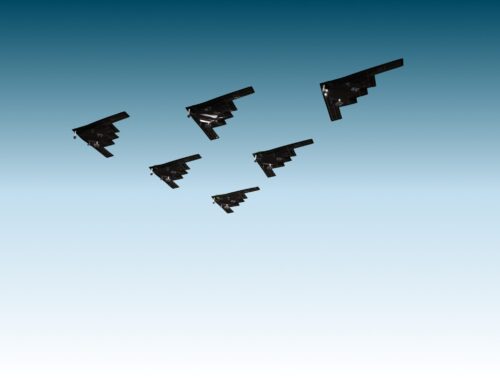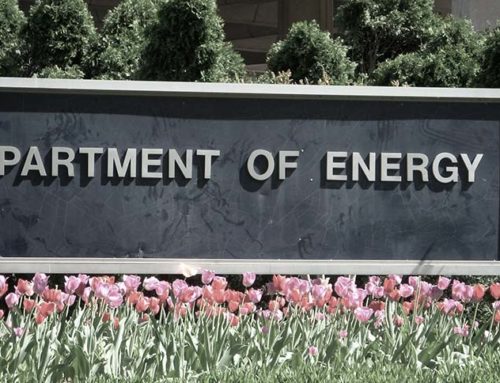Once touted as an innovative approach to federal contract management, the multibillion-dollar program to modernize the Coast Guard's fleet of ships and planes has drastically veered off financial course and is heading into troubled waters.
Originally projected to cost $15 billion over 20 years, the Deepwater Project is the largest, most complex procurement project ever handled by the Coast Guard and would include the modernization and replacement of more than 90 cutters and 200 planes. A new report by the General Accounting Office (GAO) concludes that the Deepwater Project will cost at least $2.2 billion more than the Coast Guard's 2002 estimate and could take 30 years to finish.
Over the last three years, Congress has spent $1.5 billion on the program, but Coast Guard officials are now saying that they need $795 million a year to complete the program in 22 years. The administration's budget request for next year is $678 million, but a House committee just upped the ante to $1.1 billion. Coast Guard allies in Congress argue that the ships are in disrepair and they urgently need to be fixed. But we think it's the Deepwater project that is in disrepair and throwing more money at it isn't going to fix it.
This project involves the modernization or replacement of large, medium, and high endurance cutters, aircraft, and communications equipment used for offshore missions such as drug interdiction, overseas port security, and inspection of foreign vessels headed for American ports. But, as early as 2001, the GAO was calling the Coast Guard procurement strategy “risky.”
Many of these missions are critical to our national security but it is possible that the Coast Guard won't be able to meet them because of terrible program oversight and mismanagement. Only a year and half into the contract, the GAO has found key program management issues that need to be addressed, including insufficient training and turnover of key staff.
But, perhaps the biggest problem with the program has been the lack of oversight for the prime contractors, Northrop Grumman and Lockheed Martin. In a startling example of letting the fox guard the hen house, these two companies have been given the sole responsibility for determining when other companies can compete for portions of the contracts. Not surprisingly, 40 percent of the project funds have been awarded to Northrop Grumman, Lockheed Martin, and their subsidiaries.
Competition is a key way to hold down costs and it has been virtually nonexistent because these two companies would prefer to feather their own nests. The Coast Guard remains blissfully ignorant to the lack of competition because they structured the original contract in such a way that there are no performance measurements or accountability mechanisms for competition.
The Coast Guard has embarked on a major and much needed transformational effort. If it is to succeed, the Coast Guard must determine how they are going to be able to keep down costs and achieve the basic goals for Deepwater. There are high stakes: more than 10 percent of the Coast Guard's annual budget is going to this program, so it better work.
Congress and even the Coasties' friends on Capitol Hill need to show tough love here. Instead of just throwing boatloads of money at the Deepwater Project, Congress needs to assist in overseeing this program and to increase the accountability of Lockheed Martin and Northrop Grumman.










